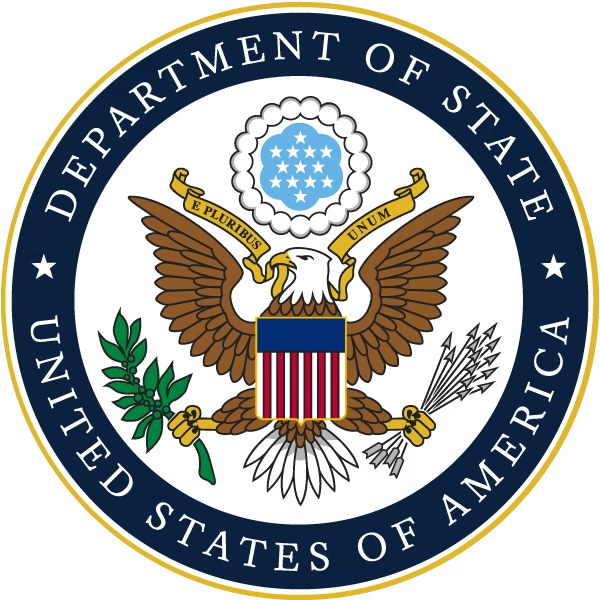The U.S. Department of State has announced a major reorganization in the processing of immigrant visas, particularly for Haitian nationals. Beginning August 28, 2025, applications for lawful permanent residence filed by Haitians will no longer be processed in Port-au-Prince but instead in Nassau, Bahamas, according to an official notice published by the Consular Affairs section on its website.
This decision comes amid Haiti’s worsening security crisis and the limited operations of the U.S. Embassy in Port-au-Prince. For several months, the diplomatic mission has been operating under “ordered departure” status, meaning that much of the American diplomatic staff was required to leave the country. Only a small team, tasked with handling emergencies, continues to provide limited services.
The sharp reduction in staffing has directly impacted the embassy’s ability to provide routine consular services, including visa processing. In response, Washington decided to restructure by transferring a portion of Haitian cases to a consular post considered safer and more functional.
For Haitian applicants, the designated post is the U.S. Embassy in Nassau, the Bahamian capital. Haitians seeking permanent residency will now be required to travel there in person to complete their application process.
The State Department noted, however, that some exceptions may be granted. Waivers could apply in urgent cases, including humanitarian or medical reasons, or matters tied to U.S. foreign policy interests.
For applicants who had already been scheduled for consular interviews, U.S. officials said those appointments “will generally not be postponed or canceled.” Still, the logistics of this transfer could introduce new delays, particularly related to travel arrangements to Nassau and administrative coordination between consular offices.
Beyond immigrant visas, the U.S. Embassy in Port-au-Prince has also suspended the issuance of nonimmigrant visas—such as for tourism, study, or business—until further notice. No specific post has been designated for Haitian applicants in these categories. They must instead apply at any U.S. embassy or consulate abroad, provided they can appear there in person.
The State Department further indicated that some essential services, such as DNA collection used to verify family relationships in immigration cases, have also been suspended for the time being. Adoption cases, however, will continue to be processed “as much as possible” despite the constraints.
This reorganization marks a significant shift for Haitians hoping to settle legally in the United States. In addition to the usual administrative procedures, they must now account for the cost and difficulty of international travel to the Bahamas. For many families already facing severe economic hardship and insecurity, this new requirement represents an additional barrier.
The announcement has drawn strong reactions within the Haitian community, particularly among those who have been waiting months or even years for progress on their residency cases. Some fear that the transfer will create further delays, despite the State Department’s assurances.
While U.S. officials describe the decision as an adaptation to Haiti’s exceptional circumstances, no timeline has been announced for resuming visa processing in Port-au-Prince. The duration of the measure will depend on improvements in Haiti’s security situation and the embassy’s ability to return to normal operations.
In the meantime, the United States has reaffirmed its commitment to ensuring continuity of services “to the extent possible,” while prioritizing the safety of its staff and diplomatic facilities.
https://ctninfo.com/?p=36603&preview=true
https://www.linkedin.com/company/ctnmedia/?viewAsMember=true








